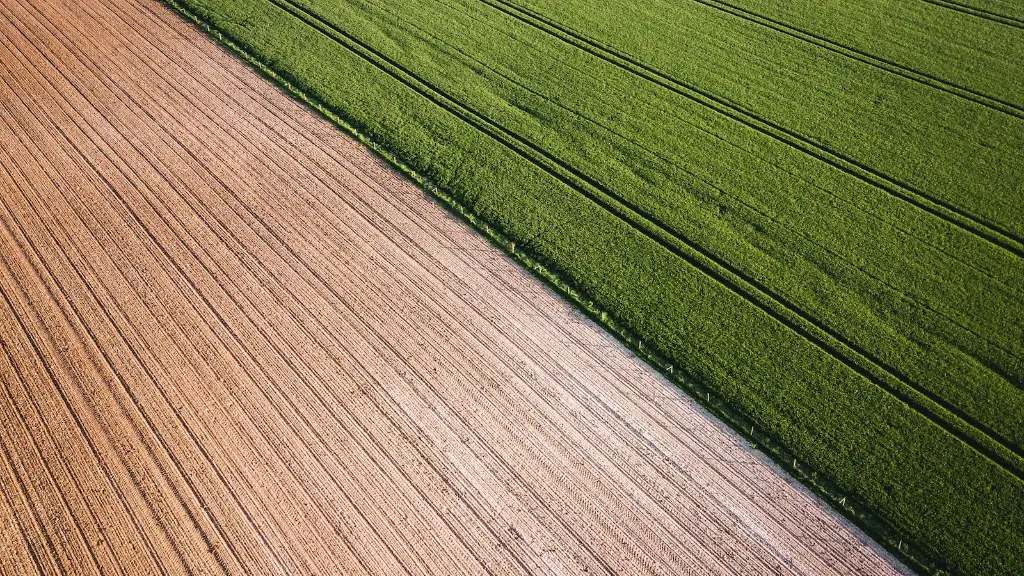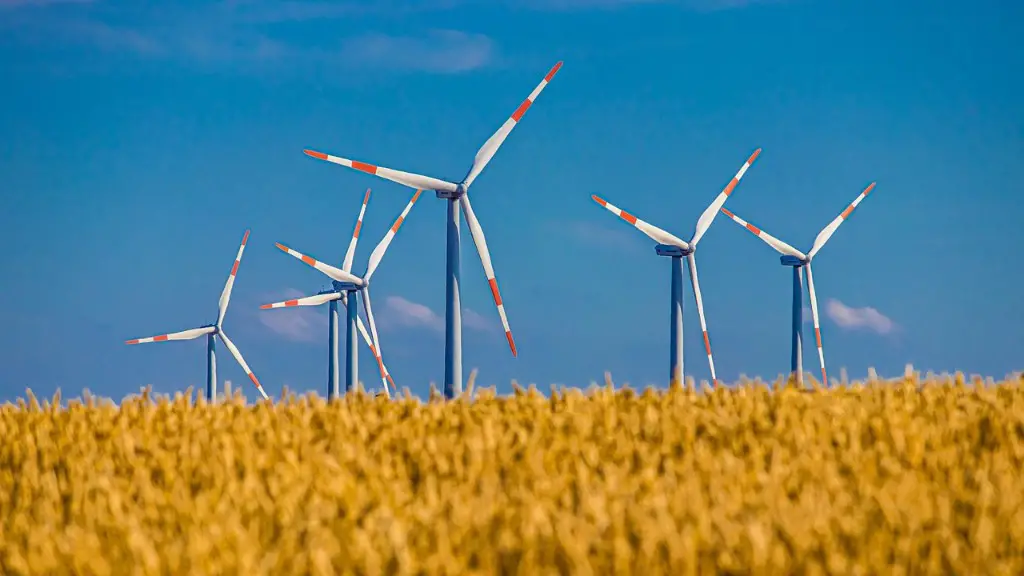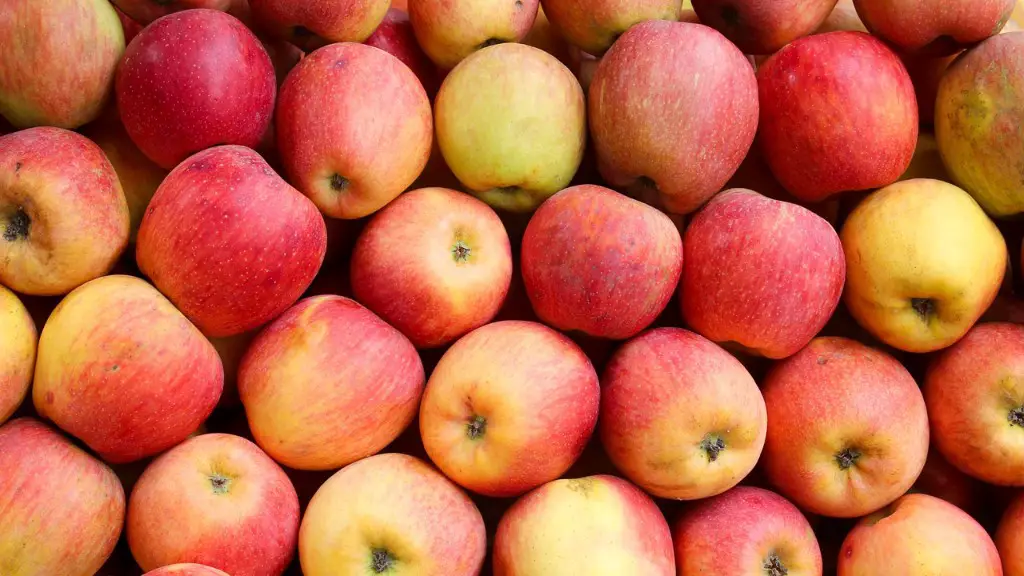Agricultural employees refer to individuals who are in some capacity employed in the field of farming and agriculture. Such individuals are often responsible for the management, production, processing, and distribution of food and other agricultural products, and materials. Agricultural employees form an integral part of the agricultural sector, working closely with farmers, landowners, and other agricultural industry stakeholders. In this article, we’ll take a look at some of the key responsibilities, qualifications, and benefits that are associated with agricultural employees.
Qualifications
Agricultural employees usually need to have some form of higher education, typically a degree in agriculture, food science, animal husbandry, or a related field. Most employers also require their agricultural employees to have a certain level of experience, depending on the position. Particular areas of expertise may also be helpful for certain roles, such as knowledge about crop science, animal health, and sustainability.
Responsibilities
Agricultural employees’ responsibilities will vary somewhat depending on the job, but in general, they will include some combination of production, distribution, and management. Agricultural employees may be expected to plan and lead farming operations, overseeing the planting, harvesting, and distribution of food and other agricultural materials. They may be responsible for ensuring compliance with regulations, working with other industry stakeholders, marketing, or providing customer service. Agricultural employees may also be required to manage and handle finances, such as budgets and payroll.
Benefits
Working as an agricultural employee can provide a wide range of benefits. For example, many agricultural employees enjoy a flexible and challenging work environment. The salary for agriculturists can also be quite lucrative depending on their location, experience, and sector. Some agricultural employees may also have access to benefits such as health and pension plans.
Working Conditions
Depending on the job, the working conditions for agricultural employees can vary drastically. In some roles, the hours may be quite regular, while in others the work may be more sporadic. Agricultural employees may be required to work outdoors in all types of weather conditions, and can often expect to spend time in noisy and dusty environments. The use of protective gear and safety procedures is a must for any agricultural employee.
Applying for Jobs
For individuals looking to break into the agricultural industry, there are a few steps they will need to take. Firstly, they will need to create and update a detailed resume outlining their qualifications, experience, and any relevant skills. Additionally, they will likely need to research the local agricultural markets, in order to get a better understanding of the industry and identify suitable job opportunities. Finally, they will need to be prepared to attend interviews and provide references if requested.
Future Trends in the Industry
The extreme weather conditions and droughts of recent times have led to a focus on sustainability within the agricultural industry. Sustainable farming practices have been gaining popularity among employers and consumers, and as a result, there is increased demand for agricultural employees with knowledge of sustainable practices. Those specializing in the area of sustainable agriculture may have better job prospects in the future.
Working from Home
The ongoing COVID-19 pandemic has resulted in a move towards virtual working for some agricultural employees. Many agricultural employees are now able to perform their duties from the comfort of their own homes, with the assistance of technology such as computer programs, mobile applications, and video conferencing software. While the reduced physical presence of employees has impacted some aspects of farming and agriculture, it has also opened up new opportunities for employers to connect and communicate with their employees in a more efficient and cost-effective manner.
Improving Agriculture with Technology
Technology has had a huge impact on the agricultural industry over the last few decades, with the emergence of precision agriculture and the automation of many farming processes. As a result, there is increased demand for agricultural employees with technical expertise, and those who understand the nuances of the digital farming landscape, such as the use of sensors, drones, and Artificial Intelligence. Agricultural employees with the knowledge, skills, and passion for technology will find themselves in high demand in order to facilitate the continued development of digital agriculture.
Careers in Agriculture
Agricultural jobs are available in a number of different settings, from on-site employment to scientific research, and from commercial sales to agri-business management. For individuals looking to make a career in the agricultural sector, there is a variety of routes they can take, from simply entering the field, to gaining additional qualifications and experience. For those who are passionate about making a difference in the agricultural sector, a career as an agricultural employee is certainly worth considering.


